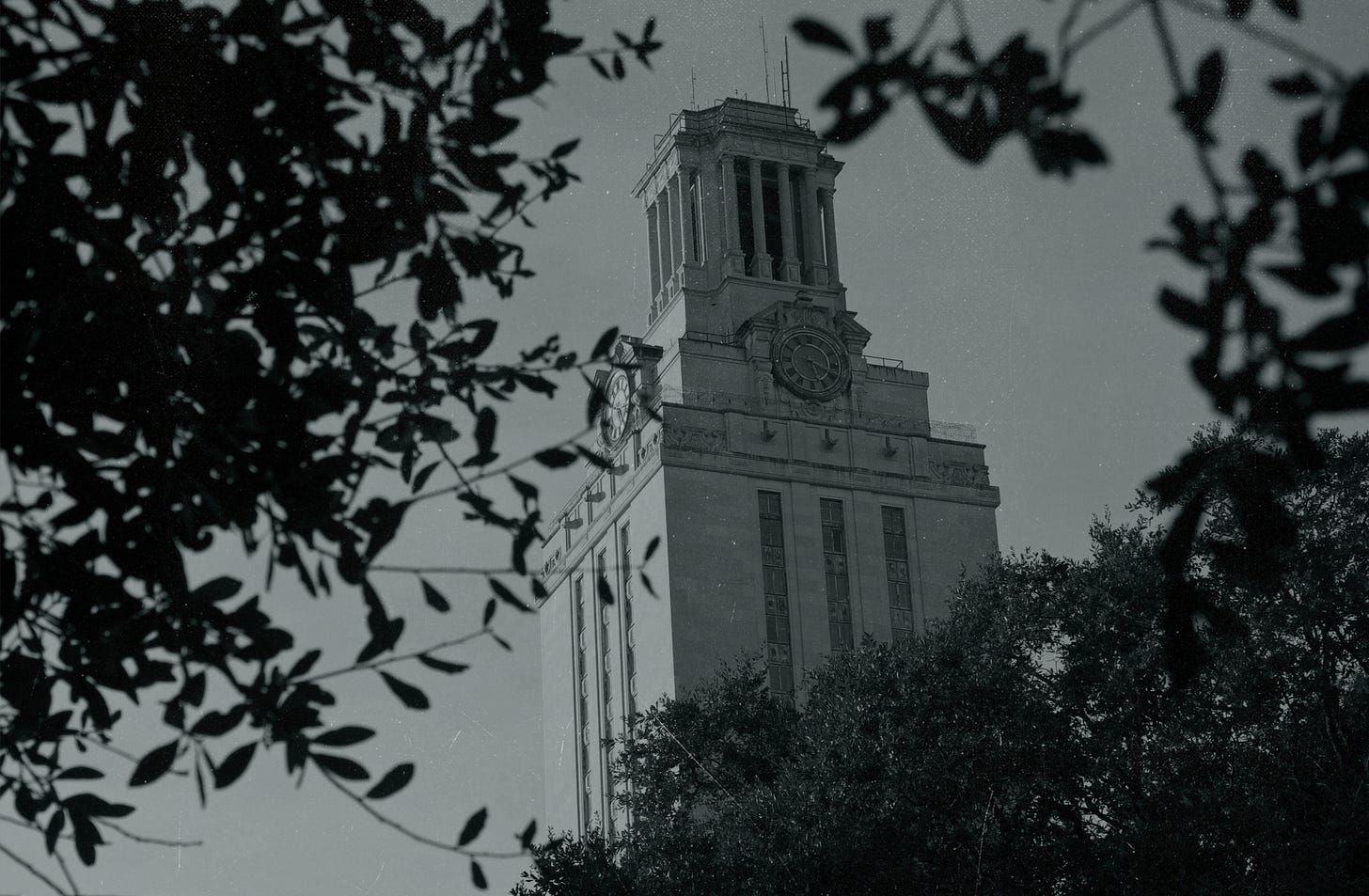Race and Gender Narcissism in Austin
The University of Texas has created a DEI bureaucracy that promotes every fashionable left-wing delusion.
This is the first installment of a three-part investigative series on the DEI bureaucracy in Texas’s public universities. Legislators in Austin are currently considering a bill to abolish all DEI programs in the state university system, based in part on model legislation I published with Manhattan Institute. The goal of this investigative series is to i…



